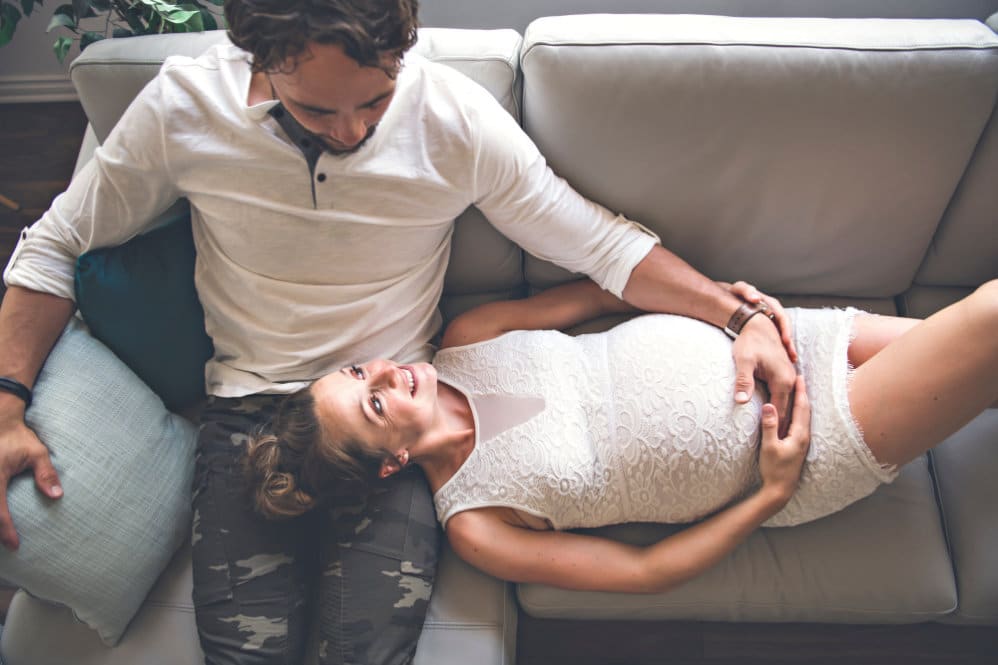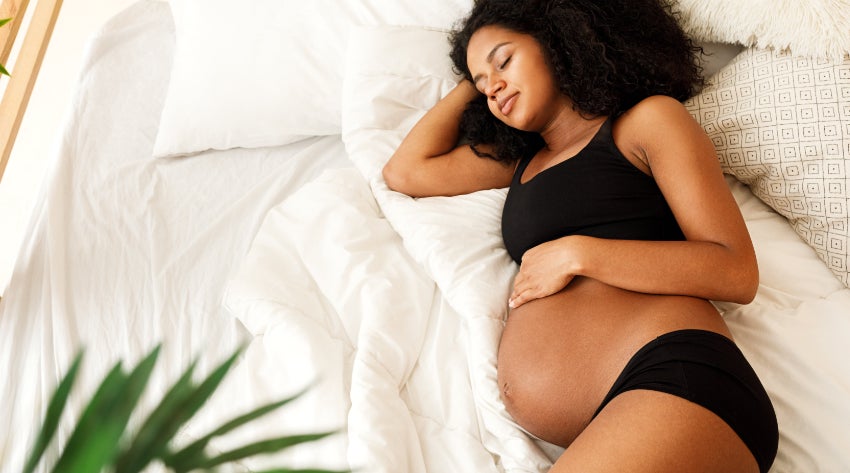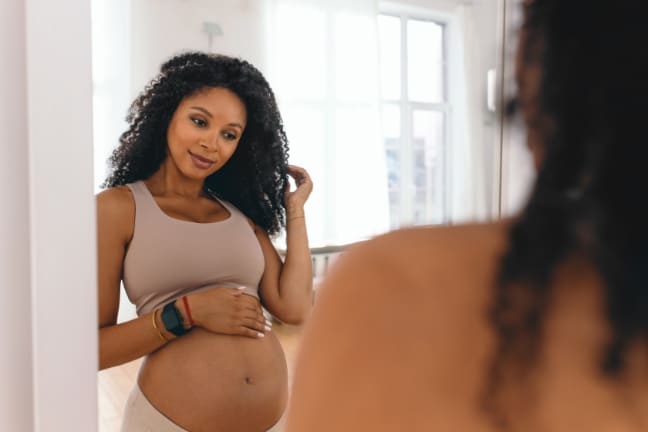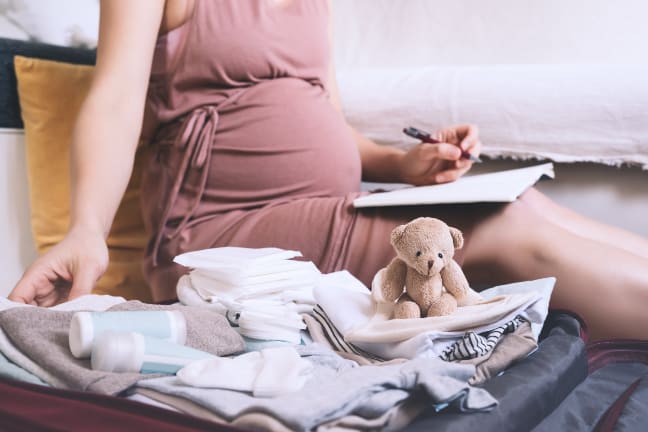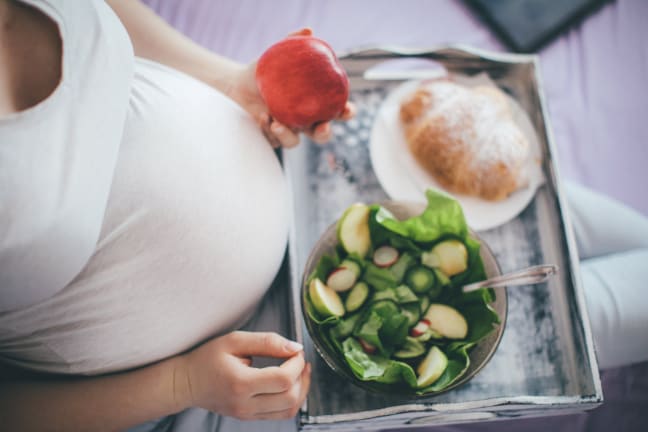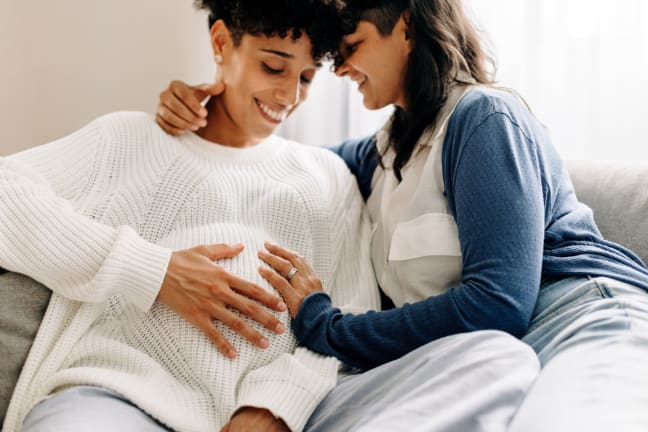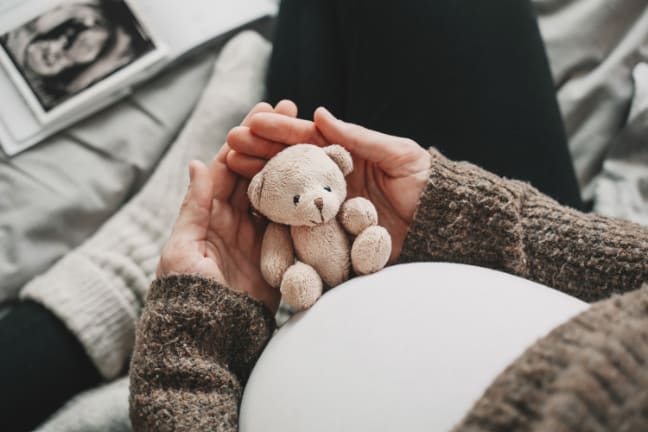Introduction
At 30 weeks pregnant, baby’s weight is about 3 pounds and they’ll be gaining half a pound a week. Starting to feel tired again? Fatigue is normal during the third trimester, don’t forget to ask for help if you need it. Discover how to tackle tender breasts in this article. Find out more on things to consider when planning maternity leave and what to expect at 30 weeks pregnant.
What happens at 30 weeks pregnant?
The size of your baby at 30 weeks is similar to that of a medium pumpkin. From top to bottom they’re about 39.9cm long and weigh roughly three pounds. (Or, 1.4kg if you prefer.) For the next seven weeks they’ll be gaining half a pound or so per week. It’s not all gain though. By now they’re losing their lanugo, the soft hair covering their body that keeps them warm.
Baby’s body parts are becoming more proportional now, although the head will still be quite large compared with rest the of the body. The surface of baby’s brain is beginning to show wrinkles, called convolutions, which enable the brain to hold even more clever brain cells.
Along with the brain, baby’s sight, hearing, and taste senses are becoming more sophisticated. This means baby will be more aware of light and movement outside the womb, and also be able to send tiny responses to your tummy pats and strokes. Try different stimuli, like your favourite music or your partner’s voice, to trigger movements so you know baby is paying attention.
With life becoming more cramped in your womb you’ll feel fewer hard kicks than you used to. But you might feel a different, jumpier kind of movement. This could be baby’s first hiccups, which usually happen when they’ve swallowed too much amniotic fluid while practising breathing. It’s all normal.
What happens to your body at 30 weeks pregnant?
Unfortunately, any energy you may have enjoyed in the second trimester has probably gone by now and your growing baby will be making you more tired. Coping with fatigue means asking your partner, family and friends to lend a hand with any chores you need doing.
What’s more, some of the early pregnancy symptoms may return for another, unwelcome, visit. So, you may find yourself needing to wee all the time. This is because baby’s head is pressing on your bladder. Resist the temptation to drink less, you need to stay hydrated, but avoid caffeine and don’t drink just before you go to bed. Running to the toilet every five minutes can be annoying but it’s a totally normal part of pregnancy.
Tender breasts may also make a reappearance due to increased milk production. Again, this is normal but it can be irritating. Reduce the tenderness by making sure your breasts are well supported. A few tips include:
- Making sure your bra fits properly
- Wearing a sports bra
- Wearing your bra in bed
- Wearing softer fabrics
- Using breast pads
- Soothing sore breasts with cooled cabbage leaves
What to eat at 30 weeks pregnant?
Try and eat plenty of fruit and veg as part of your varied pregnancy diet. They’re great sources of vitamin C which helps protect your cells and veins as well as improving iron absorption. Iron is vital to replenish red blood cells to help prevent anaemia.
Now’s the time to allow yourself that extra portion during your pregnancy diet. It’s still not ‘eating for two’; more like eating for one and a bit. In the third trimester you might need an extra 200 calories a day.
What are the symptoms of 30 weeks pregnant?
Week 30 pregnancy symptoms can include difficulty in sleeping. This can be caused by leg cramps, heartburn, difficulty getting comfortable, trips to the loo, restless legs and even nightmares. The most common reasons for lack of sleep during your third trimester is trips to the loo and being uncomfortable. Although trips to the loo are a pain, it’s really important to keep hydrated during pregnancy. Read our article on sleeping positions during pregnancy to make you more comfortable and other tips to help you sleep better during pregnancy.
Using mobile phone during pregnancy
In our tech-mad world we increasingly rely on our smart phones to stay in touch with friends and family, get work done and keep track of what’s going on around us. Now you’re pregnant your phone is ideal for making shopping lists, notes of appointments, directions to antenatal classes, or just photos of the latest prams and buggies. You can even listen to those meditation apps we recommend.
But does all this screen time have an impact on your growing baby? So far, there is no conclusive evidence to suggest your baby is at risk from mobile phone radio waves despite a few alarming headlines in the press. Of course, more studies need to be done but the current advice is that there’s no need to worry.
Maternity leave plan
This is also a great time to review your maternity leave plan. According to the Citizens Advice Bureau, you can choose to start your leave at any time during or after week 29 of your pregnancy. However, your leave will start automatically if you're off work for any reason to do with your pregnancy from the 37th week. Remember to discuss your plans with your employer as terms can vary. Read our articles on the different types of parental leave and the maternity pay you are entitled to.



